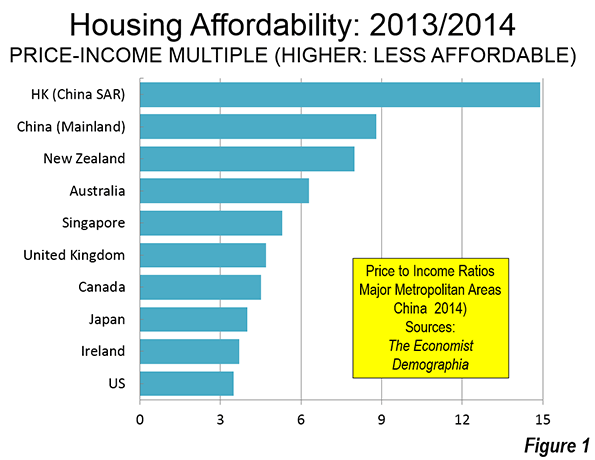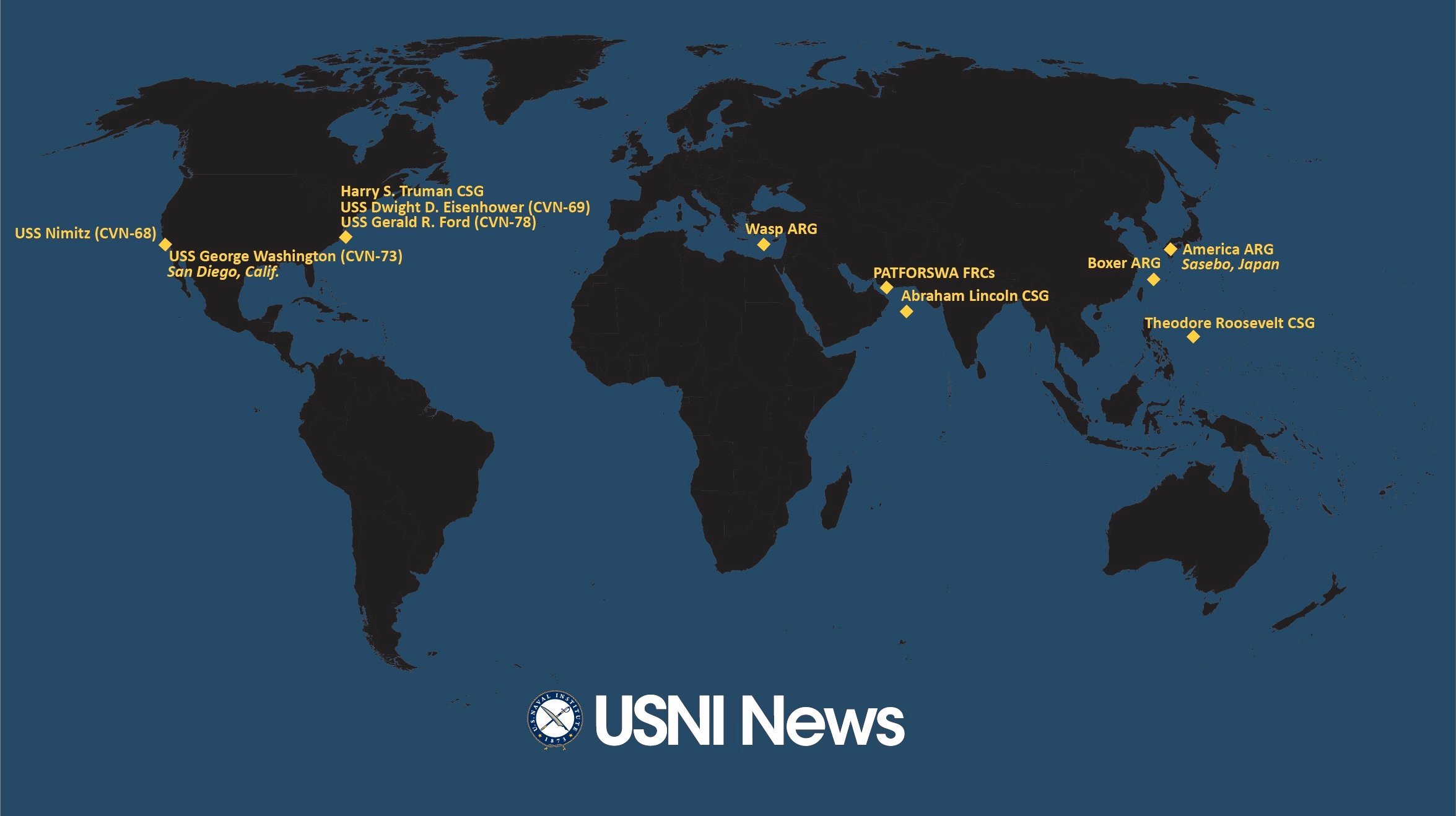gCaptain has received multiple reports that the US Navy oiler
USNS Big Horn ran aground yesterday and partially flooded off the coast of Oman, leaving the
Abraham Lincoln Carrier Strike Group without its primary fuel source.
First
reported on the gCaptain forum and by maritime historian
Sal Mercogliano, a leaked
video and
photos show damage to the ship’s rudder post and water flooding into a mechanical space. US Navy vessels don’t typically transmit AIS signals, so we don’t know the exact location of the ship but a Navy source confirms she is anchored near Oman awaiting a full damage assessment.
Fortunately, no injuries or environmental damage have been reported for the ship. This is significant because the 33-year-old vessel is one of the
single-hull versions of the Kaiser-class oilers.
“USNS Big Horn sustained damage while operating at sea in the U.S. 5th Fleet area of operations overnight on Sept. 23. All crew members are currently safe and U.S. 5th Fleet is assessing the situation,” according to a statement from a Navy official provided to
Sam Lagrone at
USNI News.




